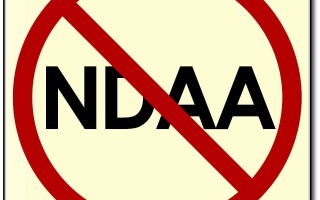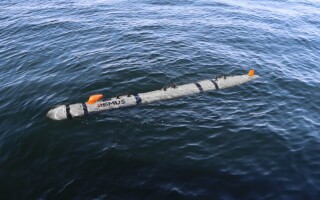Contractor trade groups protest proposed NDAA regulation on counterfeit electronics
NewsJuly 19, 2013

NEW YORK. The Council of Defense and Space Industry and Professional Services Council Associations said Wednesday that they are suspect of proposed regulations by the Department of Defense (DoD) to remove counterfeit electronics from the military supply chain. A proposed rule issued by the DoD on May 16 would partially implement a provision in the 2012 National Defense Authorization Act (NDAA) that requires the Pentagon to eliminate counterfeit electronics by shifting liability for replacing such parts to contractors, unless the DoD provides the parts. Trade groups suggest that this will shift too much risk to contractors and prevent the DoD from buying the latest commercial technologies.
In public comments, the trade groups said that the 2012 NDAA rule should not apply to contracts for commercial items, and that the proposed rule does not align with legislation that attempts to broaden liability exemption for counterfeits provided by the government. Further, the groups said that, as written, the rule will decrease competition for DoD contracts by shifting expensive counterfeit detection responsibilities to contractors.
“Supply chain security is challenging and costly, yet the government’s current relentless drive to push prices downward beyond what is fair and reasonable fails to account for how that affects business operations and who is willing to compete for work,” says Alan Chvotkin, General Counsel, Professional Services Council. “When price is the overriding factor, it limits the competitive opportunities for those suppliers that have invested in those additional steps to assure the traceability and security in their supply chain.”
The proposed rule adds requirements to the purchasing systems of large contractors by increasing the responsibilities of a business system that is already subject to inspection by the Defense Contract Audit Agency. The DoD says this will minimize potential costs and disruption of the rule because it only affects contractors subject to Cost Accounting Standards.





